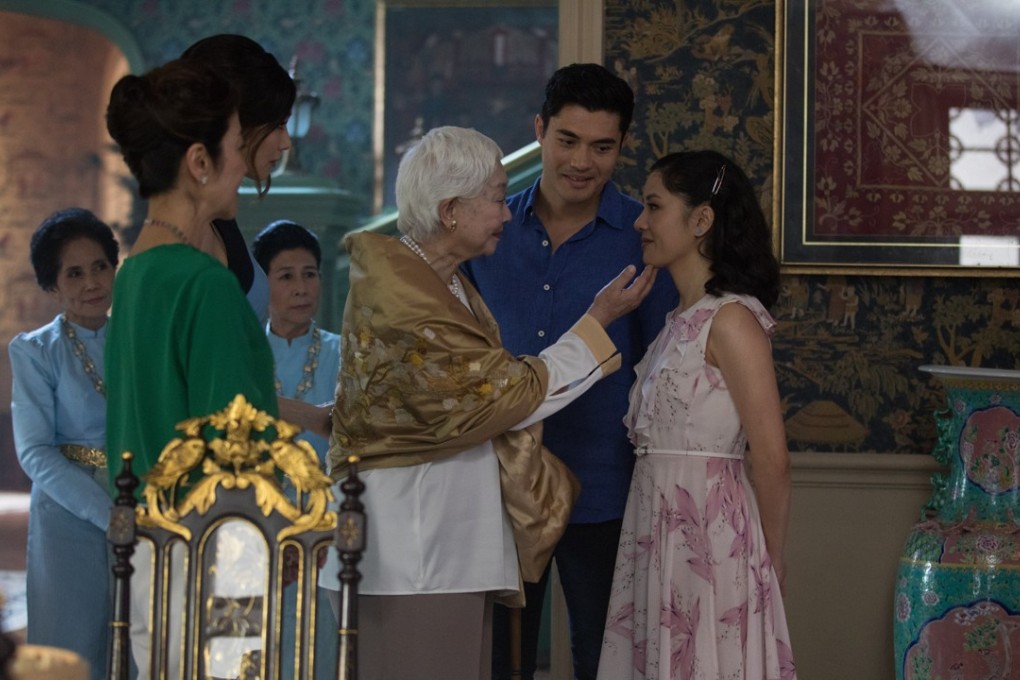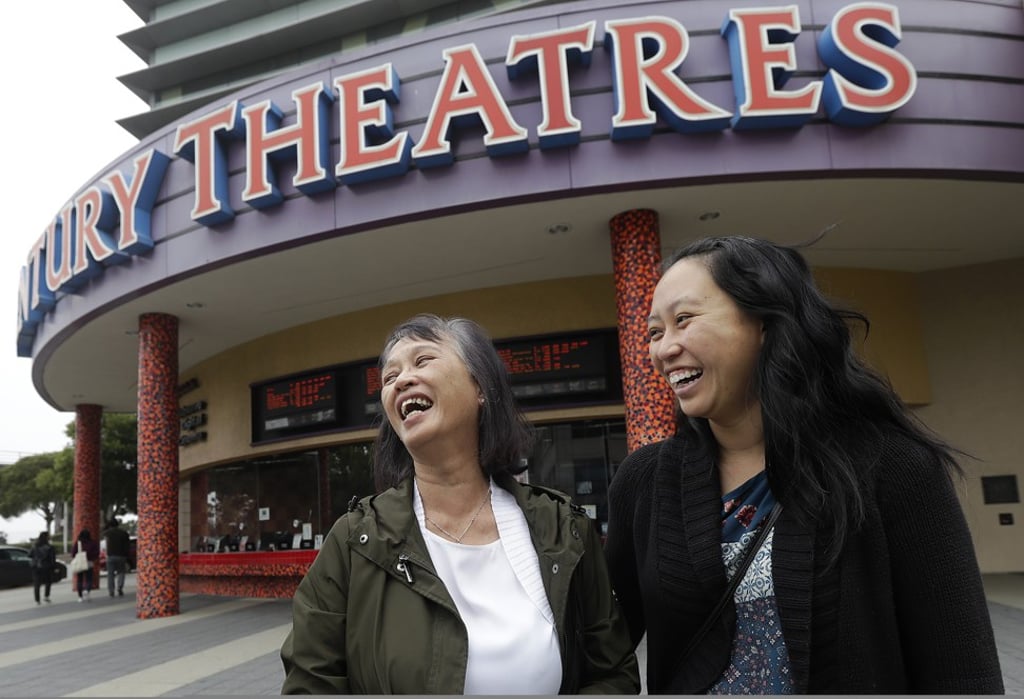How Crazy Rich Asians is much more than a Hollywood rom-com

The reviewer neglects to recognise the genesis of the themes in the movie: the fate of a Singaporean in the United States and his struggles with Asian identity and the immigrant experience. The movie’s central message is about family – hence the tagline: “The only thing crazier than love is family”.

Since this movie’s success will inevitably be measured by its box office numbers, the tried-and-true Hollywood romantic comedy formula understandably calls for the glitz and glamour. Yet, I believe the true magic of this movie is that, at the very least, every Asian or immigrant will have come away with different perspectives on topics of familial piety, individualism and wealth, and these are all worthwhile conversation starters.
The Post purports to be the most widely read newspaper among Asian-American expatriates. Yet you completely miss the mark in analysing perhaps the most triumphant moment in that community’s cultural history in many years, by reducing this movie to a trite retelling of Cinderella meets Prince Charming.
Jonathan Mok, Wan Chai